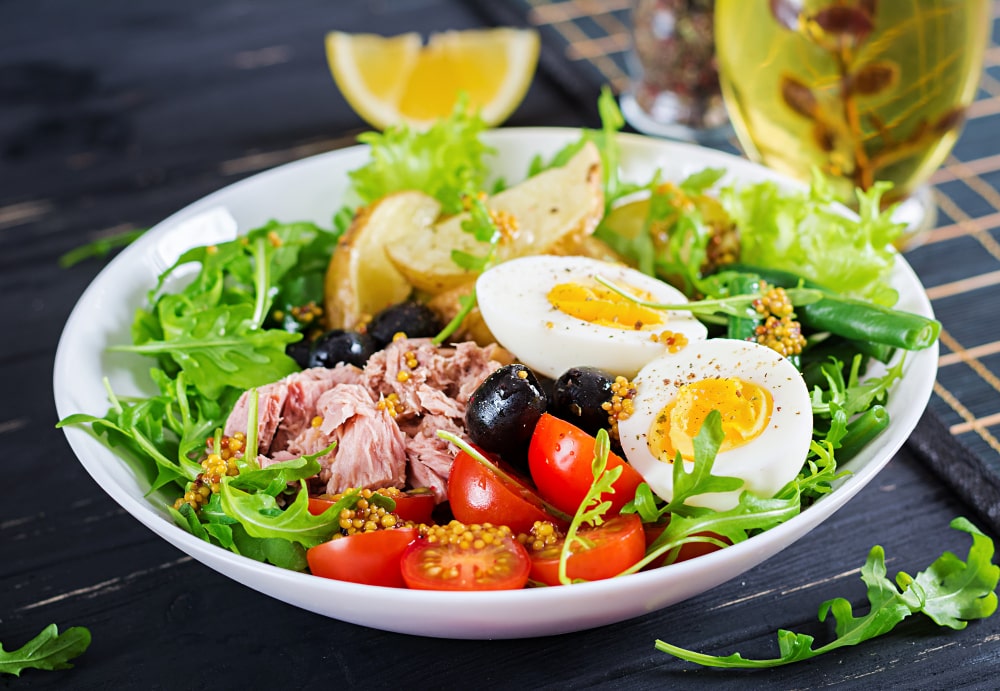
Proper diet and nutrition are essential for one’s health constantly. But, when the body is put through any kind of stress, the way we eat becomes a lot more important. After all, the nutrients one gets from food can speed up or slow down the recovery. This is true for people who exercise regularly, general injuries, pregnancy, people who experience harsh climates such as the one in Australia, and especially for people undergoing some kind of surgery. Even if it is a cosmetic surgery, adequate diet will make the preparation as well as the post-op healing period a lot more effective.
What to consider before the surgery
A lot of people make a mistake of only adjusting their diet after the surgery, but the way your body is going to heal and how you take the surgery will highly depend on your diet before as well. For starters, you really need to hydrate yourself well. Even if you don’t feel thirsty, it’s absolutely essential that you drink at least two liters of water daily. This will improve your metabolism and help your body get rid of harmful toxins. Furthermore, protein is an absolute must in your diet in general, but it’s even more important when you’re preparing for the surgery. After all, protein helps with tissue repair, so make sure that you have enough of it in your diet. Of course, the more vitamins you can get through your diet, the better. This is why adding a variety of fruits and veggies to your daily meals will make a huge difference for your recovery and surgery success. Also, don’t shy away from vitamin and mineral supplements. Talk to your doctor so that you know for sure what kinds of supplements will work the best for you.
A week before the surgery
It’s crucial that you adapt your diet one week before the surgery as well. So, even though it was recommended to eat a variety of different foods for a balanced diet before, one week prior is the time when you need to readjust because some foods and nutrients may affect your blood, anesthesia effectiveness, and similar. In that sense, make sure to stop taking all vitamin supplements during this time. Also, stay away from fruits and veggies that are rich in Vitamin E, C, K and B. What’s more, fish oil and fish are also forbidden. Eliminate potatoes, tomatoes, ginkgo, garlic, ginger, flaxseed and all beverages that contain caffeine or alcohol in them for this one week. Foods that may cause allergies should also be avoided together with very sugary foods. You may find this excessive, but tips like these are a common practice in Australia, where cosmetic surgeries are very popular. One of the most sought-after procedures is breast augmentation, with breast augmentation being in huge demand for a while now. That said, professionals in this area discuss the diet issue very seriously with their patients who are looking for a quick recovery process. Diet and nutrition are really not to be neglected in this case.
Post-surgery diet
Obviously, 72 hours after the surgery is the time when you’ll be under medical supervision, and you should eat only bland, easy-to-digest meals. But, once it’s all up to you in the first week of recovery, you should know that anti-inflammatory foods such as avocado, cherries, blueberries and olive oil can really help the healing process. On the other hand, stay away from highly processed and sugary foods. This is also the time when you should go back to all your vitamin and mineral supplements as well as enrich your diet with fruits and veggies. Some of the more “unusual” supplements that you may not have thought of on your own, but can be of incredible help when healing from surgery, are grape seed extract, bromelain and Arnica montana. Of course, talk to your doctor about taking these, but since they are all natural, there shouldn’t be any problems. What’s more, these supplements will reduce swelling and bruising, improve blood circulation and minimize scarring.
It can’t be stressed enough just how important your diet is for the way you feel and even look. This fact is also immensely more valid when you have to worry about undergoing surgery and recovering from it. Your doctor may be responsible for you during the surgery, but once you’re out of the clinic, taking good care of your body by following the doctor’s orders is a responsibility that falls only on you.
Written by Diana Smith
About the Author
Diana Smith is a full time mum of two beautiful girls and is interested in sustainability, ecology and home improvement. She enjoys exercising and preparing healthy meals for her family. You can find her on Twitter here.
You may also like
4 Organic Meal Ideas to Fit Your Healthy Lifestyle
10 Tips for a Healthy Lifestyle
Best Food Subscription Boxes For Health-Conscious People
8 Benefits of Using Probiotics For Women
